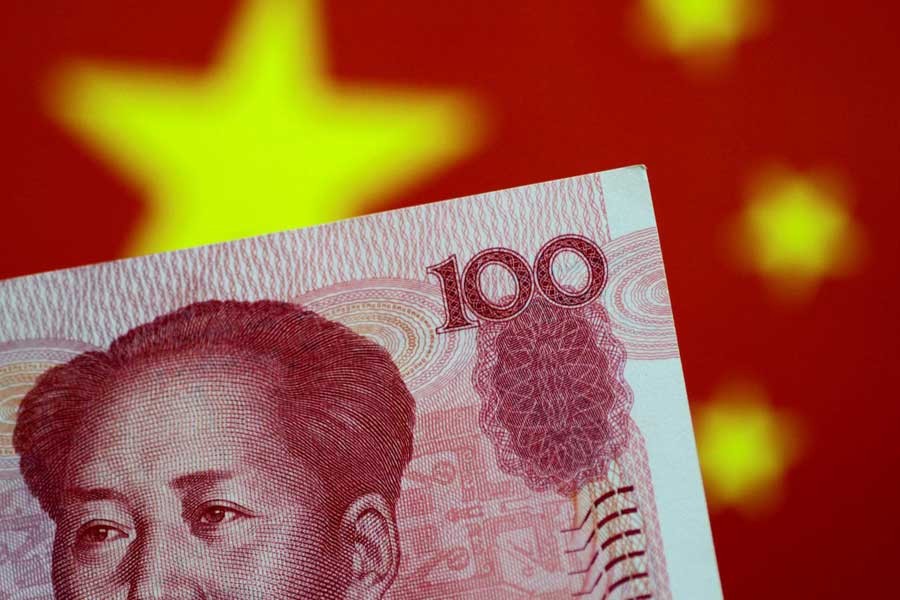China’s cabinet has pledged sweeping tax reforms will not increase companies’ cost burdens, though analysts remain cautious as the government has yet to unveil specific measures.
Rising business costs are becoming a major concern for China’s policymakers as companies face softening demand at home and a flurry of US tariffs. Business surveys point to a steady string of layoffs as orders weaken and profit margins are squeezed.
In a meeting chaired by Premier Li Keqiang on Thursday, the state cabinet said that it will accelerate research into how to lower the social security tax rate.
Counting safety net contributions, the World Bank reckons China’s effective corporate tax burden rate was 67.3 per cent last year, much higher than in the United States.
China announced in July that the powerful tax bureau will take over social security collection from the social security bureau in 2019, a move seen enforcing greater compliance by companies as the government frets over an aging population and rising pension deficit.
However, the change has sparked concerns that many companies - especially small- and medium-sized enterprises - subject to stricter tax scrutiny will struggle to stay afloat.
Only 27 per cent of Chinese companies comply with the social security requirement and pay the correct amount for their employees, according to a private report published by 51shebao in August.
“The announcement is clearly responding to recent public concerns, which we view as positive,” economists from Goldman Sachs Macro Economics Research wrote in a note.
“Nevertheless, whether these moves will lead to a lower burden for corporates and households remains to be seen. We would be more confident about the tax or contribution reduction if we see concrete actions to reduce public expenditure or expand the broad fiscal deficit target.”
China has announced numerous steps this year to reduce taxes and fees, including lowering the value-added tax rate on sectors such as manufacturing.
Finance Minister Liu Kun told Reuters the cuts in taxes and fees would be beating government forecasts to reach more than 1.1 trillion yuan ($160.83 billion) this year, Reuters reported.
The state cabinet also said it will ensure venture capital firms do not shoulder more taxes in general - likely responding to fears that income tax on these companies’ partners is expected to be hiked.


